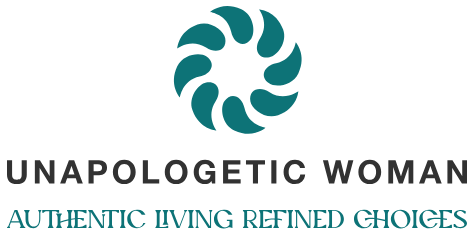Why I Can’t Get Enough of High-Waisted Black Leather Shorts: My Style Journey and Expert Tips
As I rummaged through my wardrobe, searching for that perfect blend of comfort and style, my eyes landed on a pair of black leather shorts that had somehow been tucked away in the depths of my closet. Instantly, I was reminded of how versatile and chic high-waisted leather shorts can be. These fashion staples are…
